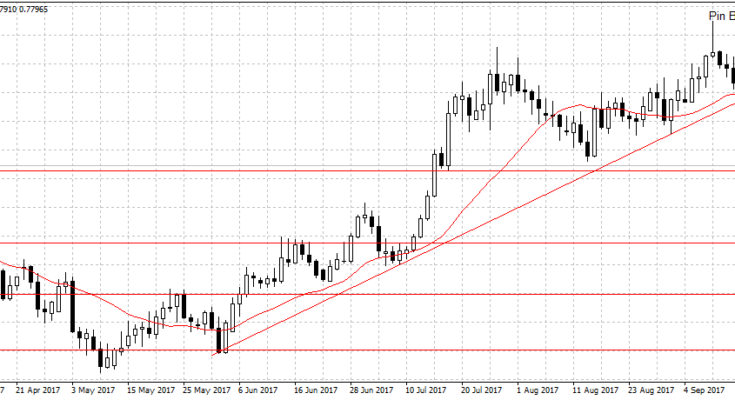The Reserve Bank of Australia left interest rates unchanged on Tuesday following fall in global iron ore prices and weak economic growth.
The central bank kept rates at a record-low of 1.5 percent, hoping that increase job creation will help lift wages and pressure prices.
However, rising household debt and slow wage growth are likely to hurt consumer spending going forward as record low unemployment rate and rise in labor force participation has failed to lift wage growth.
According to the RBA governor, Philip Lowe, “Wage growth remains low. This is likely to continue for a while yet, although the stronger conditions in the labor market should see some lift in wage growth over time. Inflation also remains low and is expected to pick up gradually as the economy strengthens.â€
Also, while a large infrastructure investment is supporting consistent growth in the non-mining industry, this growth needs to be consolidated to offset uncertainty from the mining sector as China looks to reduce Iron Ore importation to curb extreme air pollution.
The rising household debt in Australia remained a concern, especially after reaching a record high of 194 percent, yet wage growth remains weak. Another indication of possible drop in consumer spending in the future if earnings failed to pick-up on a broader scale. Therefore, it is unlikely that the RBA would hike rates without signs of consistent wage growth.
“Until wage growth begins to improve there is no urgency for the Reserve Bank to hike the cash rate,†said Callam Pickering, economist at global job site Indeed, who previously worked at the central bank. “Without a strong contribution from wages, we consider it unlikely that core inflation will push above the lower end of the RBA’s target band of 2-3 percent.â€
The Australian dollar declined from 78.17 cents against the U.S. dollar to 77.91 cents at 3:04 p.m in Sydney.
Â
(Click on image to enlarge)

Â

